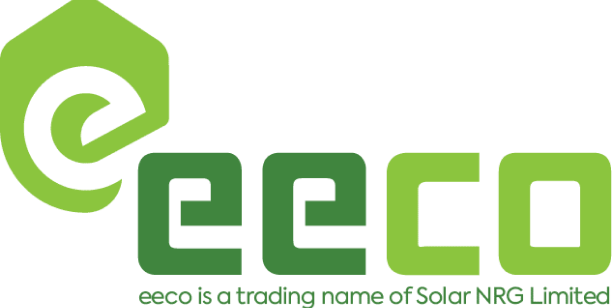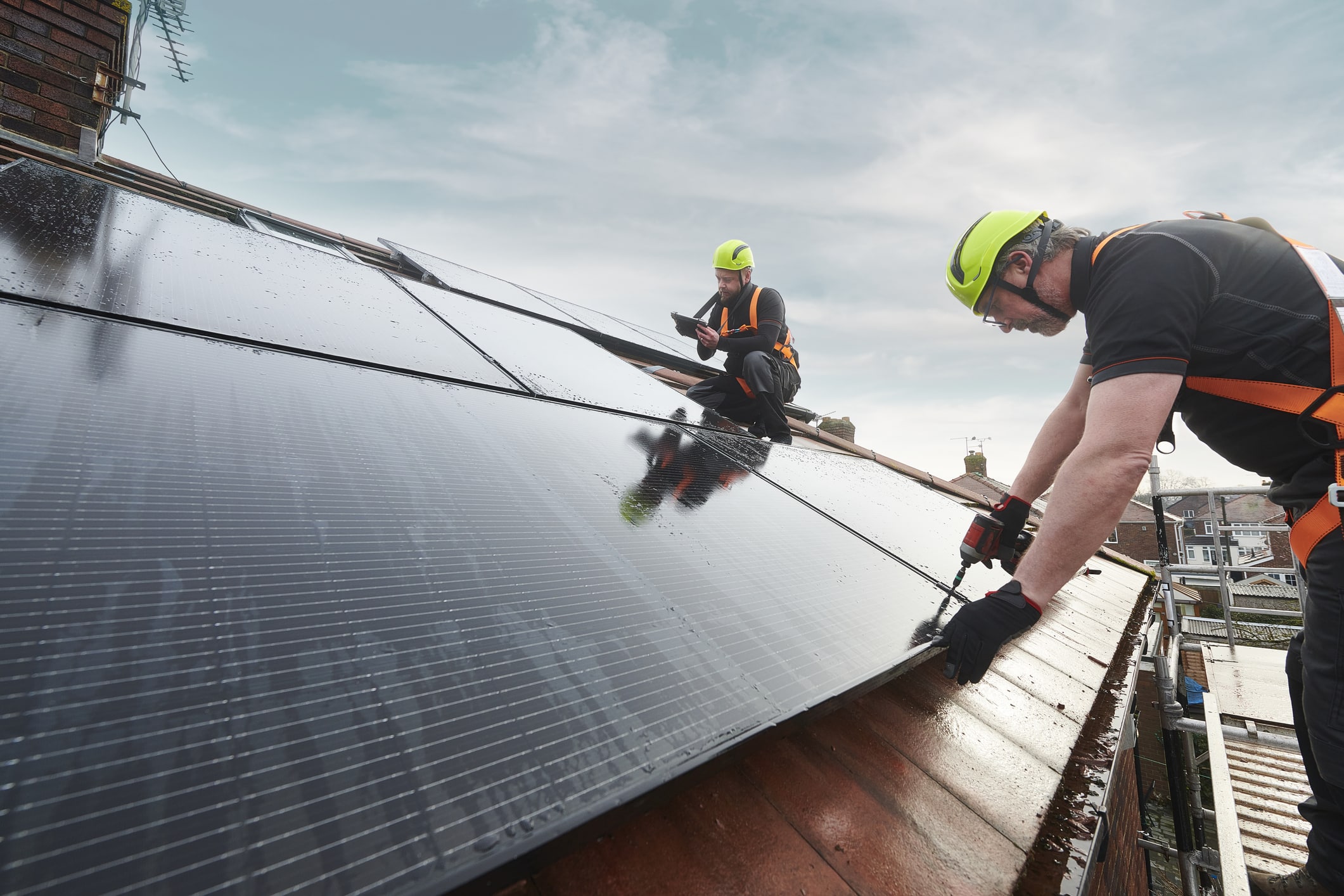How Does an Inverter Contribute to the Functionality of Photovoltaic Panels?
An inverter plays a crucial role in the functionality of photovoltaic (PV) panels by converting the direct current (DC) electricity generated by the solar panels into alternating current (AC) electricity that can be used to power homes, businesses, and other electrical devices.
Photovoltaic panels produce DC electricity when sunlight strikes the solar cells and excites the electrons in the material, creating an electric current. However, most electrical appliances and devices in homes and businesses operate on AC electricity. Therefore, an inverter is needed to convert the DC electricity produced by the solar panels into AC electricity that can be fed into the electrical grid or used directly on-site.
The inverter performs this conversion process by using electronic components to switch the direction of the electrical current. It takes the DC electricity from the solar panels and converts it into a sinusoidal waveform that matches the standard AC electricity supplied by utility companies.
In addition to converting DC to AC electricity, inverters also play a role in optimising the performance of the photovoltaic system. Some advanced inverters have built-in maximum power point tracking (MPPT) capabilities, which help maximise the energy output of the solar panels by adjusting the voltage and current levels to operate at the most efficient point.
Furthermore, inverters often have monitoring and control features that allow users to track the performance of their photovoltaic system, monitor energy production, and troubleshoot any issues that may arise. This real-time monitoring capability helps ensure that the solar panels are operating at peak efficiency and allows users to make informed decisions about their energy consumption.
There are different types of inverters used in photovoltaic systems, including string inverters, microinverters, and power optimisers. String inverters are commonly used in residential and commercial installations and are connected to multiple solar panels in a series (string). Microinverters, on the other hand, are installed on each individual solar panel, providing greater flexibility and efficiency. Power optimisers are another type of inverter that works in conjunction with a central inverter to optimise the performance of each solar panel in the system.
Overall, inverters are essential components of photovoltaic systems, as they enable the efficient conversion of solar energy into usable electricity. By converting DC electricity to AC electricity and optimising the performance of the solar panels, inverters play a critical role in the functionality and effectiveness of photovoltaic panels in generating clean and renewable energy
For more information on solar panels for your home or business, contact us on 02891 270279 or email hello@eeco.energy


